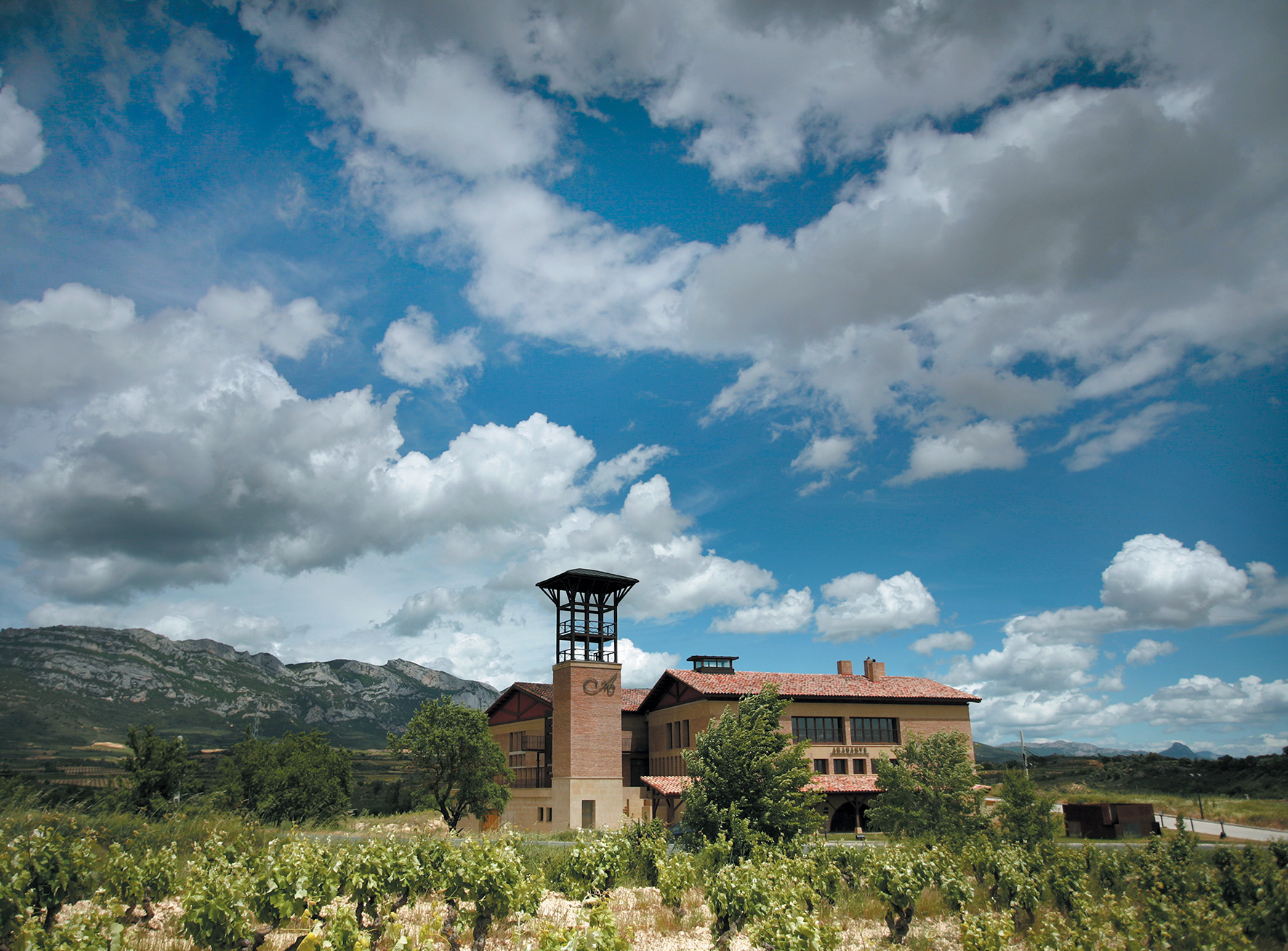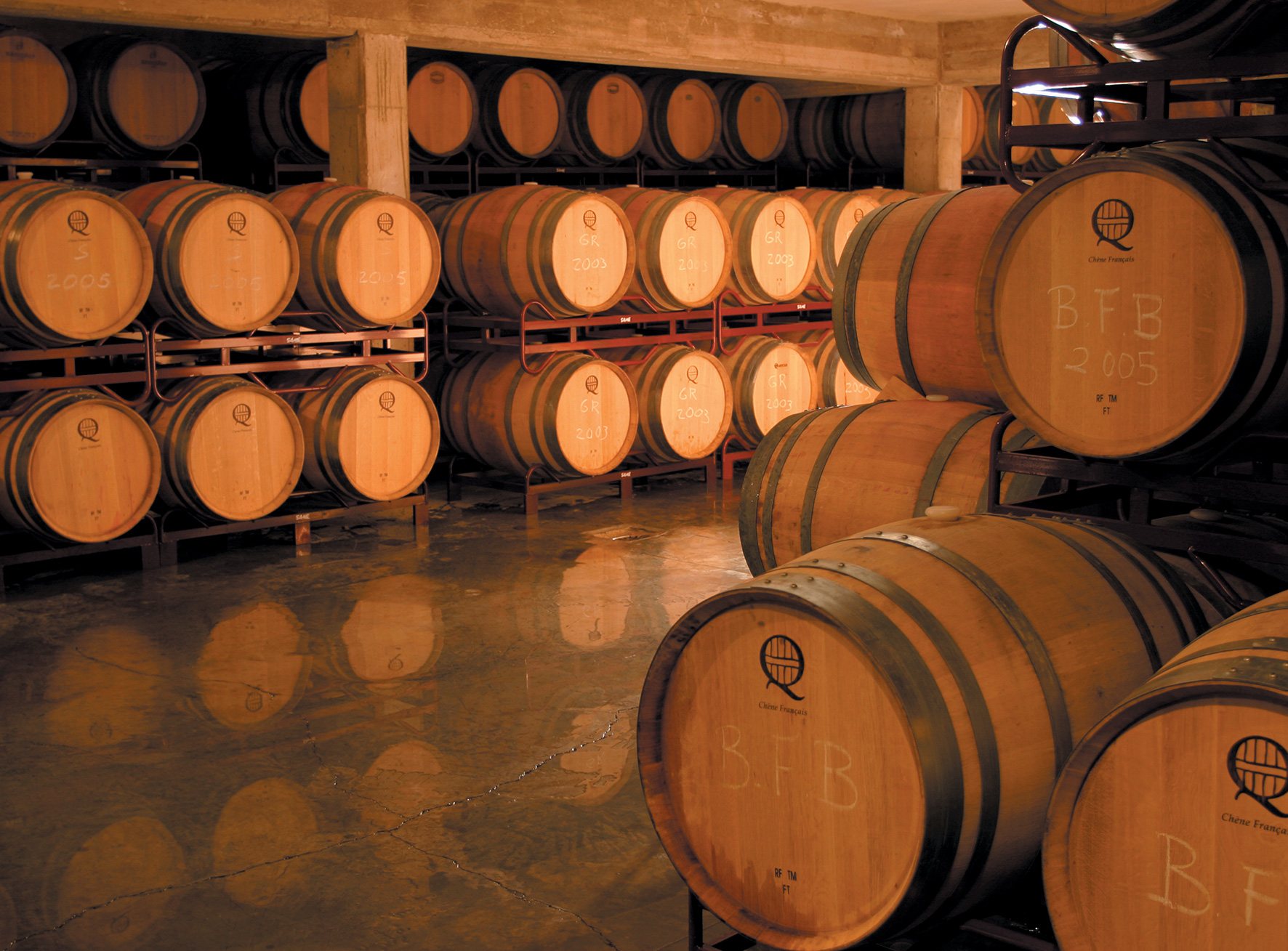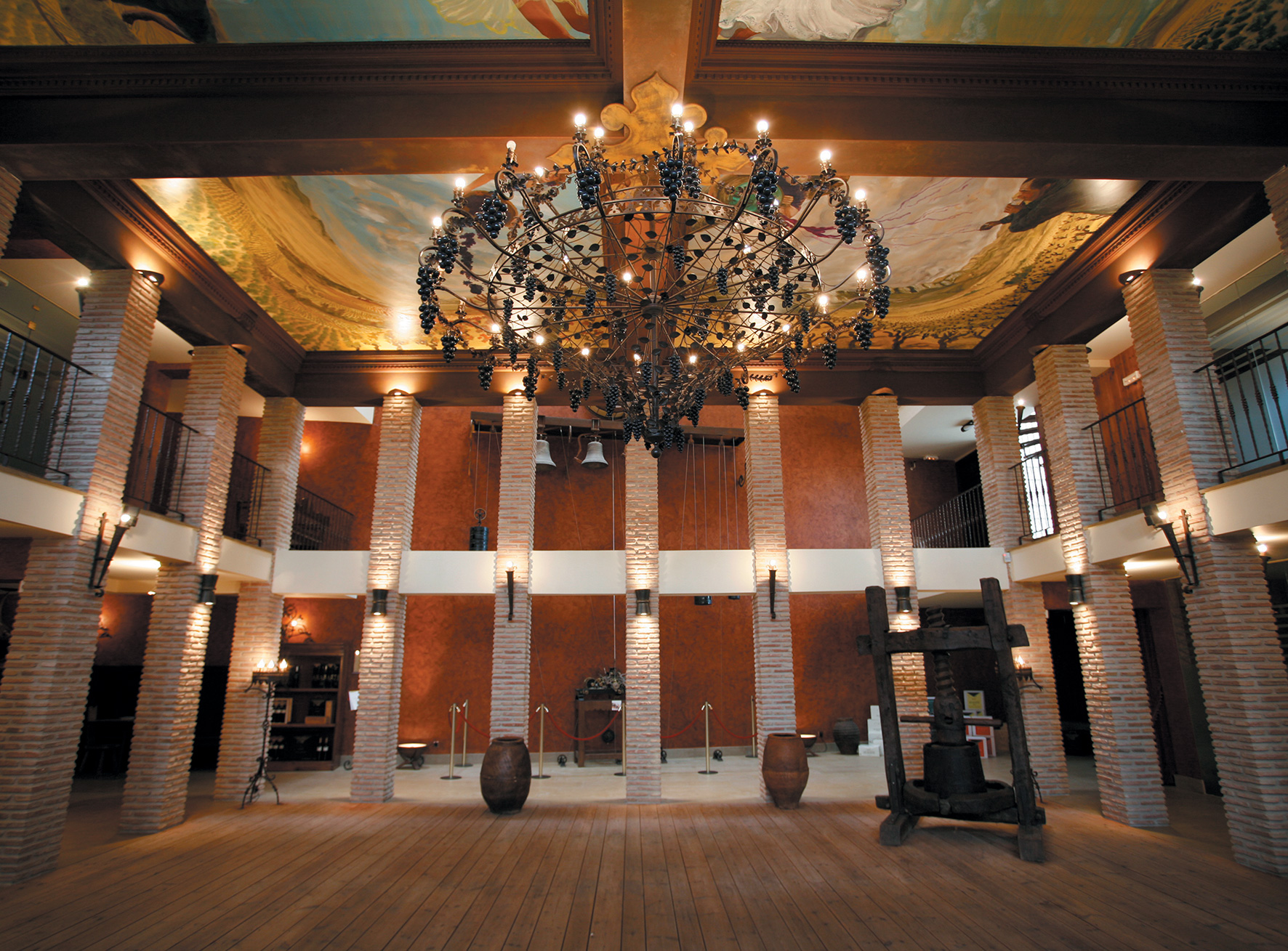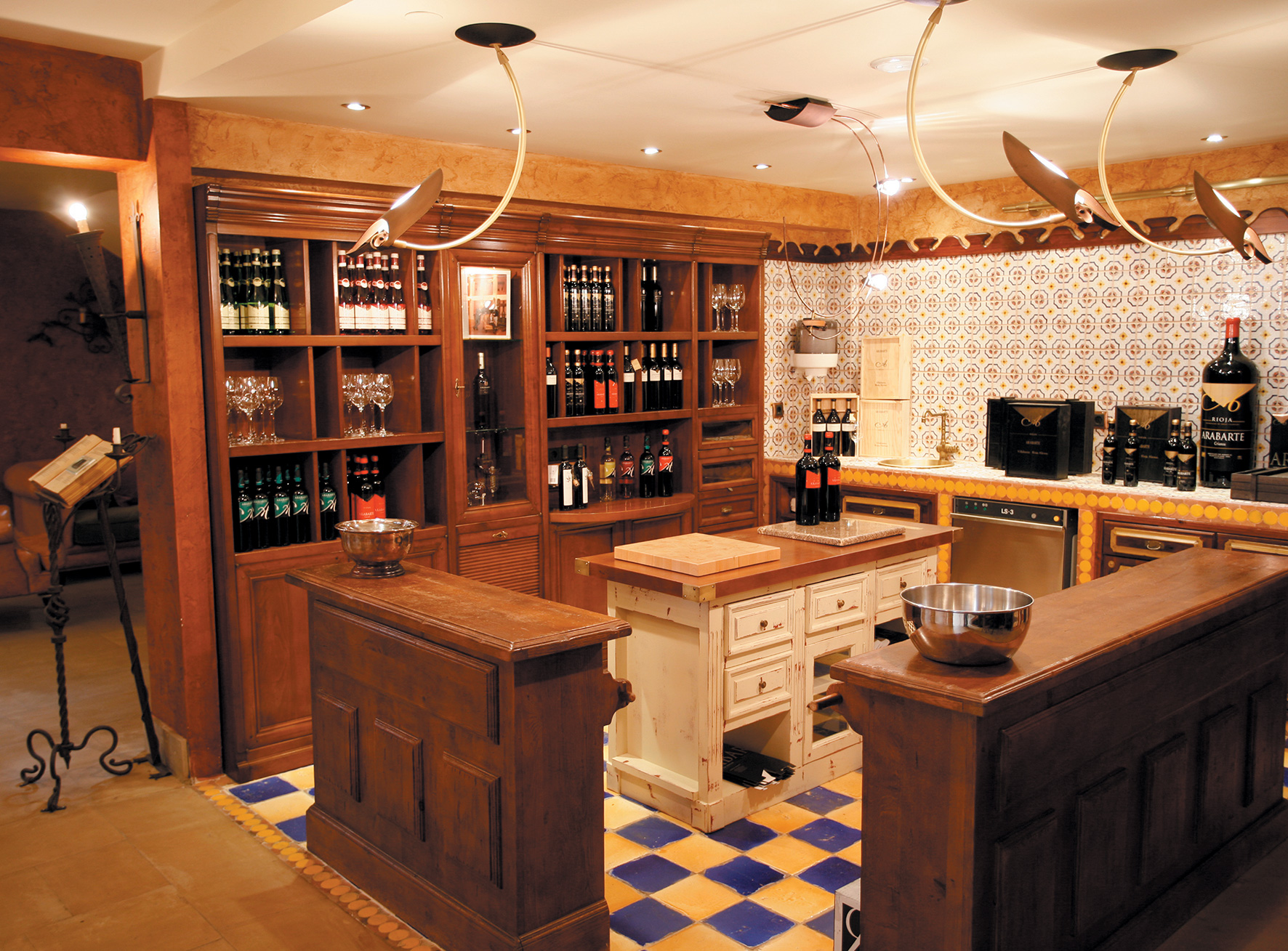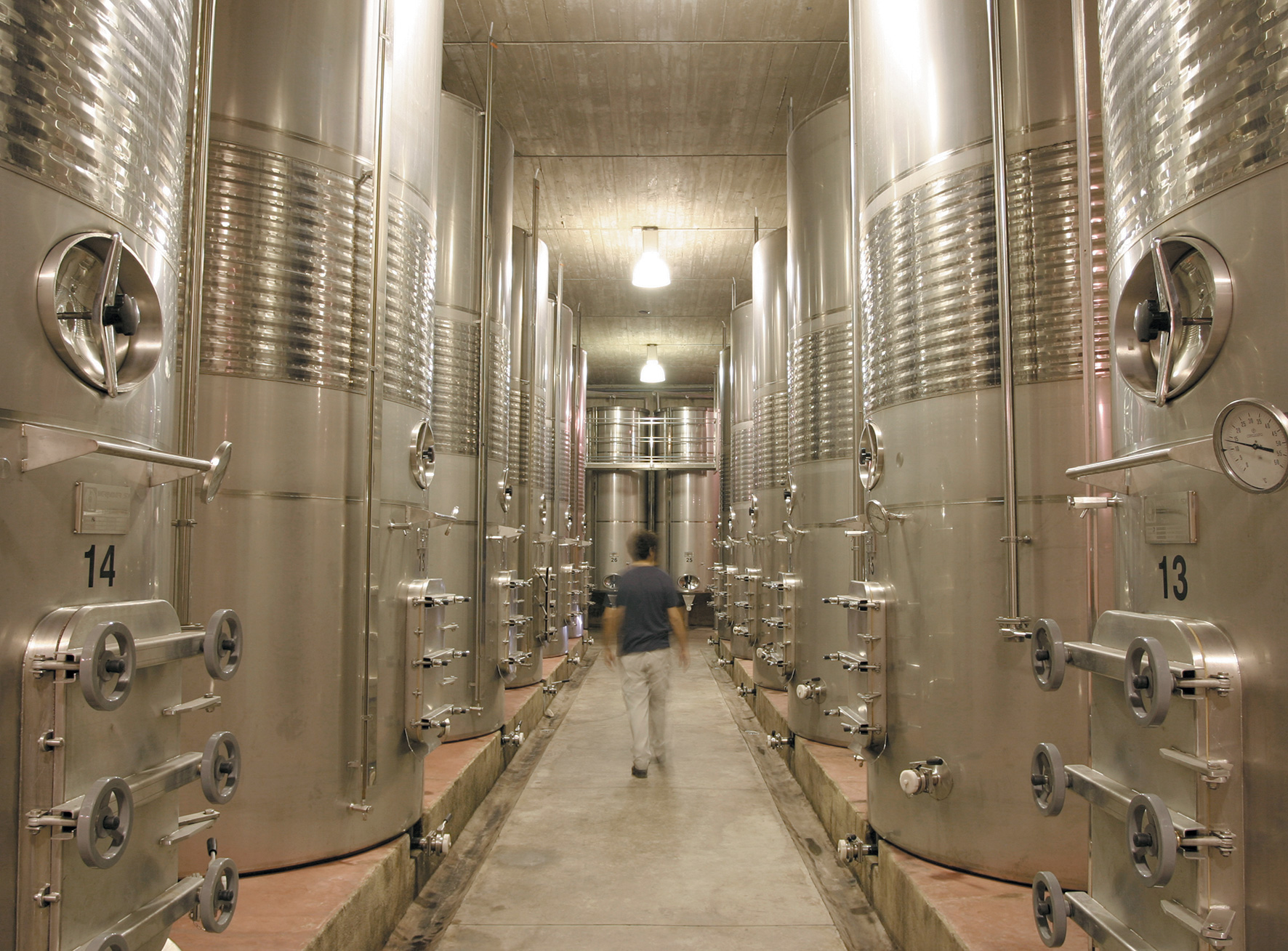ORIGINS
ARABARTE was officially established as a Company the 15th of April, 1997, although its beginning goes to many years back, when the ancestors of its original founders, five families from La Rioja Alavesa, in the Basque Country, Spain, owners of vineyards in the best grape production areas of this Rioja sub-zone, decided to stop selling their grapes to the cellars around, their usual customers, in order to make their own wines.
At the beginning, they used a little cellar, situated in Samaniego, which is a little town a couple of kilometres from its current address. The wine obtained has, for many years, fed to many important Rioja Companies but, later, they finally decided to bottle and name ARABARTE which is a compound of the words “ARABA” (the province of “Álava”, in Basque language) and “ARTE” (art, in Spanish language) meaning, both together, more or less, “The Art of wine making in Álava”.
Their first intention was to produce young wines (vino de año), very popular in this part of La Rioja, but considering their good success, they started the production of Crianzas, Reservas, Grandes Reservas and Signature wines.
Now days, ARABARTE is widely distributed not only in Spain but in many other countries and markets.
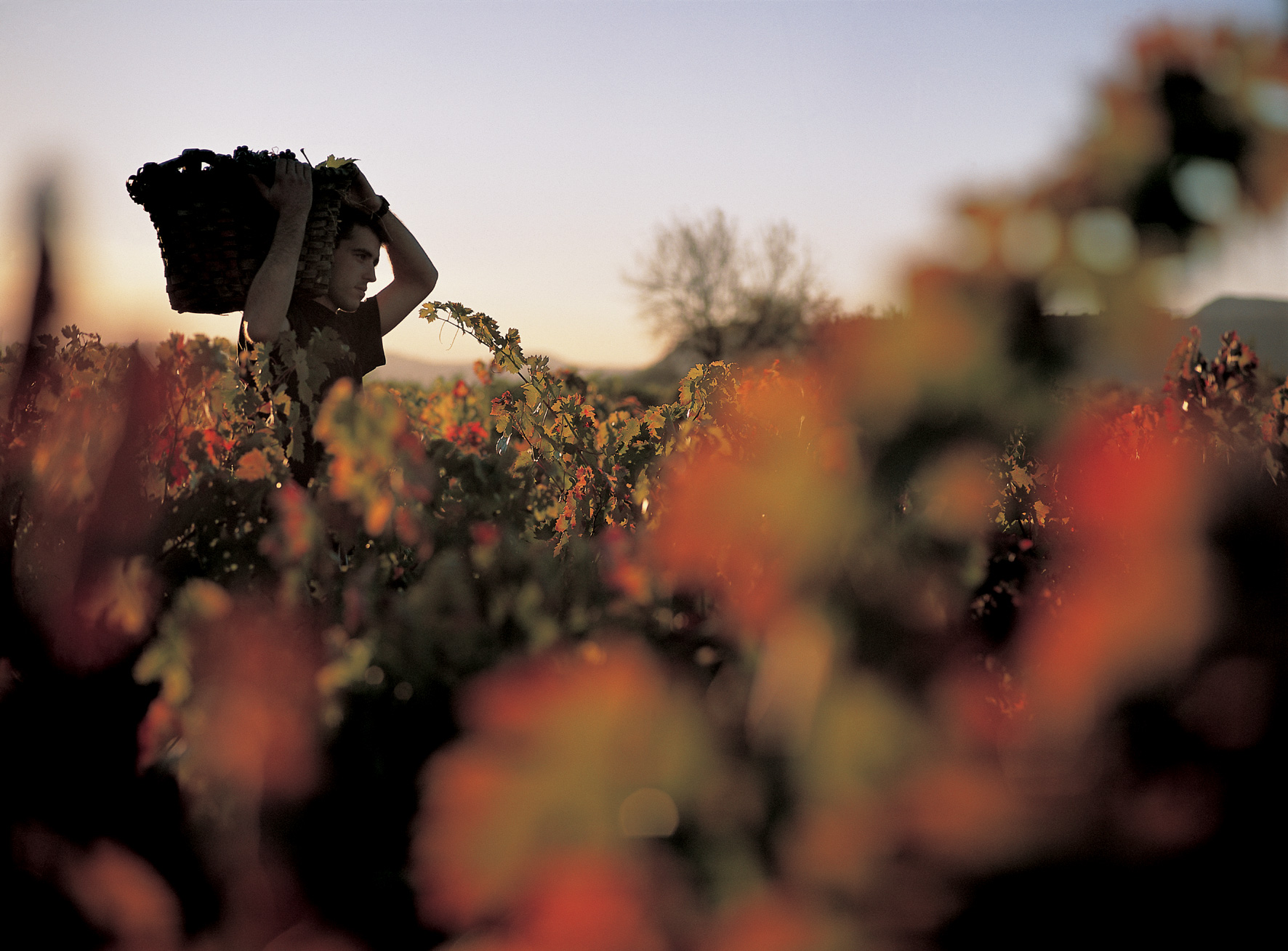
VIÑEYARDS
ARABARTE controls more than 80 hectares of vineyards, all of them planted in La Rioja Alavesa. This includes Arabarte’s own vineyards, vineyards from its current shareholders plus some other, rented.
All of them are situated in clay-limestone soil, protected by La Sierra de Cantabria from the cold winds from the north. This type of soil, undoubtedly, is the best for a proper growth of the Tempranillo Red as well as other native type of grapes such as Viura or Tempranillo White, obtaining a very fine grain of great quality, but with a low production due to the fact that they come from dry and vineyards of more of 50 years old.
Only the winegrowers from the towns of Leza, Samaniego and Villabuena, where our vineyards are situated, accepted not to irrigate their vines for the benefit of the quality but in detriment of the quantity of production.

